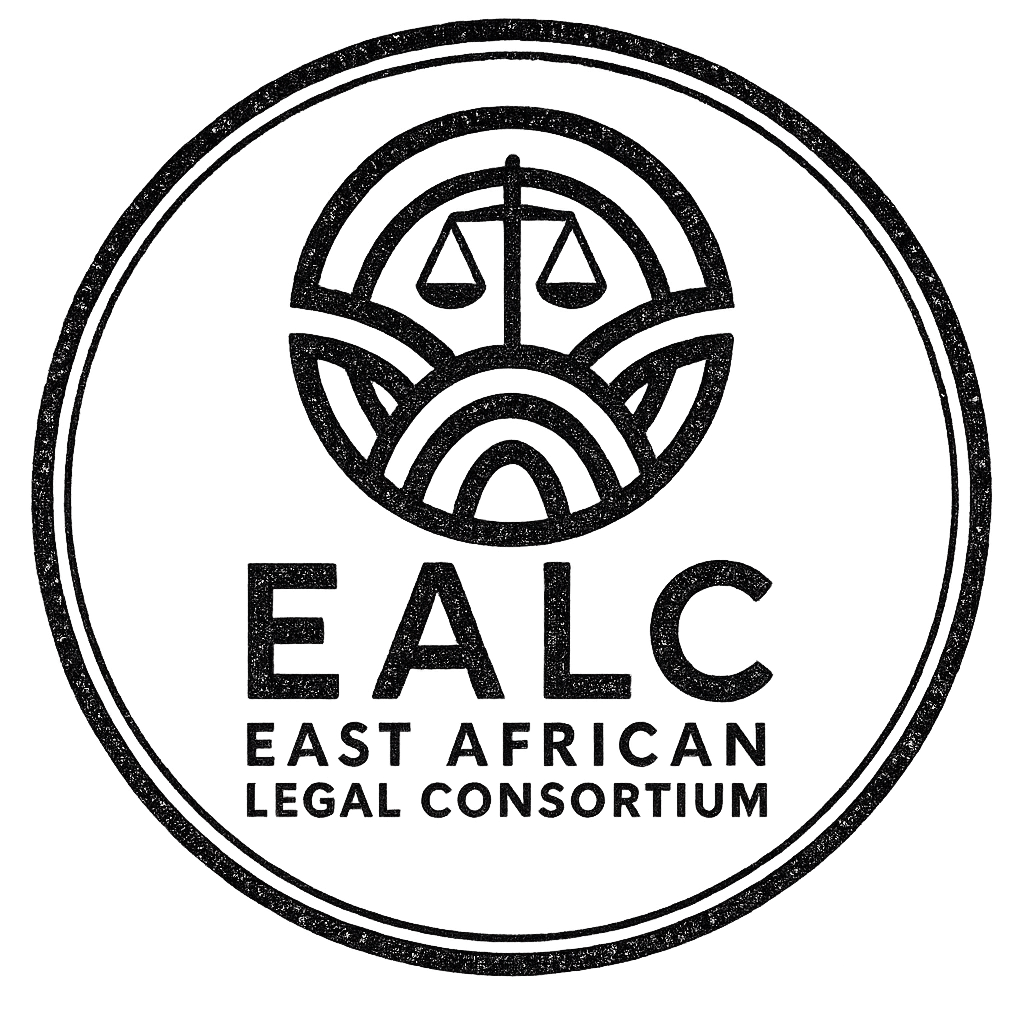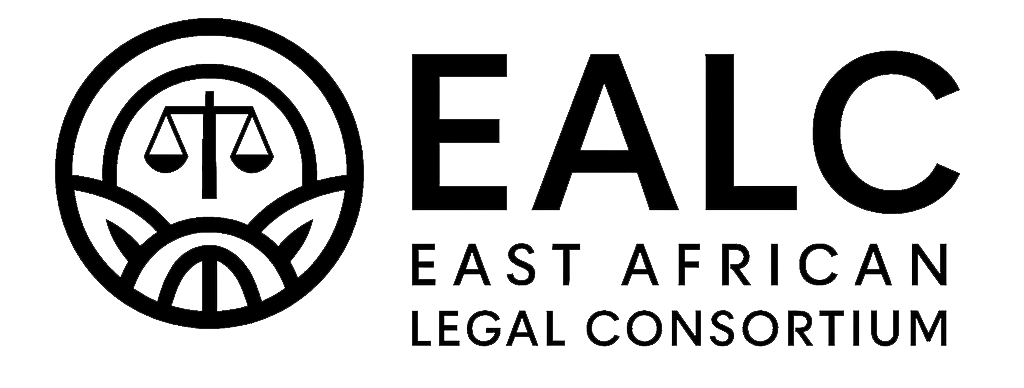Fintech

why choose us
Years Of Experience
Many Prestigious Awards
Experienced Attorney
Free Consulting
Let's win together
Please feel free to contact us. We will get back to you with 1-2 business days. Or just call us now.

Navigating Fintech In Kenya: A Legal Guide By Ealc
Introduction
Kenya stands as a beacon of fintech innovation in Africa, often dubbed the “Silicon Savannah” for its vibrant tech ecosystem. From the revolutionary M-Pesa mobile money platform to a burgeoning startup scene, fintech has transformed financial inclusion, empowering millions of unbanked and underbanked individuals. At East African Legal Consortium (EALC), we are committed to guiding fintech businesses through Kenya’s dynamic legal landscape, ensuring compliance, fostering innovation, and protecting your interests. This guide provides an insight into recent fintech developments and key legal considerations in Kenya.
The Fintech Landscape in Kenya
Kenya’s fintech sector is a global leader, driven by high mobile penetration, a tech-savvy population, and supportive government policies. Key fintech activities include:
- Mobile Payments: Dominated by M-Pesa, which holds a 96.5% market share, mobile money services have revolutionized transactions, with daily transaction limits recently increased to KES 500,000 (approx. USD 3,287).
- Digital Lending: Platforms like Tala and Zenka provide quick loans, though new regulations aim to curb predatory practices.
- Insurtech: Technology-driven insurance solutions are gaining traction, enhancing efficiency in traditional models.
- Blockchain and Cryptocurrencies: Despite regulatory caution, blockchain applications and crypto trading are growing, with Kenya ranking fifth globally in P2P crypto exchange volume.
- Money Remittance and Wealth Management: Fintechs are streamlining cross-border transfers and investment options.
The COVID-19 pandemic accelerated fintech adoption, with a 63.2% increase in mobile commerce transactions to USD 116.4 billion in 2021, spurred by government encouragement of cashless payments. Additionally, Environmental, Social, and Governance (ESG) objectives are shaping the sector, with investors prioritizing sustainable financing and fintechs offering ESG scoring tools.
Key Legal and Regulatory Framework
Kenya’s fintech industry operates under a blend of traditional financial regulations and newer frameworks tailored to digital services. At EALC, we help clients navigate this complex environment, ensuring compliance with the following key laws and regulations:
- Central Bank of Kenya (CBK) Regulations
The CBK is the primary regulator of financial institutions, overseeing payment service providers, digital lenders, and emerging cryptocurrency activities. Key regulations include:
- National Payment System Act, 2011: Governs mobile money and payment systems, requiring providers like M-Pesa and Airtel Money to obtain CBK licenses.
- Digital Credit Providers Regulations, 2022: Introduced to regulate digital lenders, mandating CBK licensing and curbing predatory lending practices.
- Credit Reference Bureau Regulations, 2020: Facilitates credit information sharing to assess borrower creditworthiness, reducing default risks.
- Central Bank of Kenya Act (Amended): Recent amendments expand CBK’s mandate to regulate digital financial services, ensuring consumer protection and systemic stability.
- Capital Markets Authority (CMA)
The CMA regulates fintechs involved in securities trading and capital markets, emphasizing transparency and investor protection. Notable initiatives include:
- Regulatory Sandbox: Launched in 2019, this allows fintechs to test innovative products for up to 12 months under CMA oversight. Successful examples include Acorn Investment Management’s Vuka platform and crowdfunding platforms.
- Guidance on Collective Investment Schemes (2020): Standardizes valuation practices for fintechs operating as investment schemes.
- Data Protection Act, 2019
As fintechs rely heavily on user data, compliance with the Data Protection Act is critical. This law mandates robust data privacy and security measures, fostering consumer trust. EALC ensures clients adhere to global standards, safeguarding sensitive information.
- Proceeds of Crime and Anti-Money Laundering Act (POCAMLA), 2009
Fintechs must implement anti-money laundering (AML) and counter-terrorism financing measures. Kenya’s financial intelligence unit recently assessed virtual assets, rating money laundering risk as medium and terrorism financing as low, aligning with Financial Action Task Force recommendations.
- Consumer Protection Act, 2012
This act protects consumers from unfair trade practices, particularly relevant for digital lending and payment services. EALC advises clients on transparent practices to maintain compliance and build trust.
- Emerging Regulations
- Digital Asset Tax: The Finance Act 2025 introduced a 3% tax on income from digital remittances and digital asset transfers, impacting fintech profitability.
- Cryptocurrency Legislation: While no specific crypto laws exist, the CBK is exploring Central Bank Digital Currency (CBDC) and developing licensing frameworks for virtual asset service providers.
- Computer and Cybercrimes Act: Sets cybersecurity standards for fintechs, though some provisions remain under litigation.
Recent Developments in Kenya’s Fintech Sector
- Regulatory Sandboxes: The CMA’s sandbox has fostered innovation, enabling SMEs to access funding through crowdfunding and informing new regulatory frameworks. The CBK also operates a sandbox for payment and lending solutions.
- Digital Lending Reforms: The 2022 regulations have reshaped digital lending, requiring CBK licensing and limiting blacklisting practices, balancing consumer protection with industry growth.
- ESG Integration: Fintechs are increasingly offering green solutions, such as renewable energy financing and carbon footprint tracking, aligning with global sustainability goals.
- Blockchain Adoption: Beyond cryptocurrencies, blockchain is being integrated into payment systems and supply chain financing, with EALC providing guidance on compliance.
- Startup Support: The Ministry of Industrialization’s “Startup Savanna” initiative connects fintech startups with international investors, boosting growth.
Challenges and Opportunities
Challenges
- Regulatory Fragmentation: Overlapping mandates among CBK, CMA, and other bodies create compliance complexities.
- High Compliance Costs: Licensing and regulatory requirements can burden startups, limiting competition.
- Cryptocurrency Ambiguity: The lack of clear crypto laws stifles innovation, though EALC helps clients navigate this uncertainty.
- Enforcement Gaps: Limited regulatory capacity, especially in rural areas, undermines effectiveness.
Opportunities
- Financial Inclusion: Fintechs continue to bridge gaps for the unbanked, with mobile money and digital lending driving economic growth.
- Collaborative Models: Partnerships between fintechs, banks, and mobile network operators expand service offerings.
- Regulatory Evolution: Sandboxes and proposed laws signal a supportive environment for innovation.
- Global Recognition: Kenya’s fintech leadership attracts international investment, creating opportunities for startups.
How EALC Can Help
At EALC, we combine intellectual depth with operational excellence to deliver tailored legal solutions for fintech businesses. Our services include:
- Licensing and Compliance: Assisting with CBK, CMA, and other regulatory approvals, ensuring seamless market entry.
- Data Protection: Crafting robust data privacy policies to comply with the Data Protection Act.
- Contract Drafting: Developing agreements for partnerships, investments, and service provision.
- Regulatory Advocacy: Engaging with regulators to shape favorable policies and resolve disputes.
- Risk Management: Advising on AML, cybersecurity, and consumer protection to mitigate legal risks.
- Corporate Structuring: Supporting startups with incorporation, equity financing, and governance frameworks.
Whether you’re a fintech startup seeking to launch in Kenya or an established player navigating regulatory changes, EALC is your trusted partner.
Stay informed with EALC’s latest insights on Kenya’s fintech landscape. Follow our blog for updates on legal developments, regulatory trends, and strategic advice to keep your business ahead in the ever-evolving world of fintech.
East African Legal Consortium (EALC) – Your Partner in Excellence
This guide provides general information and is not a substitute for professional legal advice. For case-specific guidance, contact EALC for a consultation.


